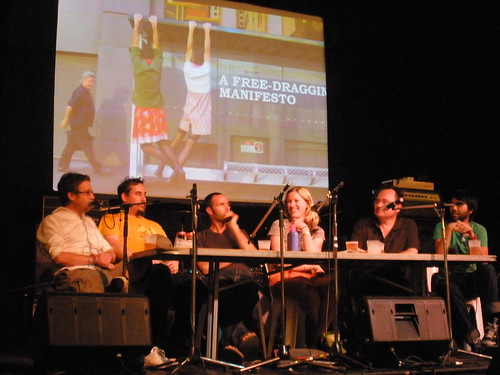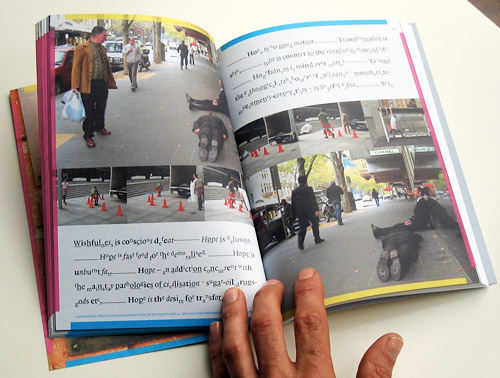The following flick is an eyepiece for aerobic composting, where the aeration of the body is contiguous with the world. It's a short flick cut to a short track called
Fall by the band called
The Thing (now Dirtbird). It's a how-to-do-words-with-things film that emits little methane, recalling "
All things fall and are built again" (W B Yeats, 1939), together with "Once upon a time the world was round, and you could go on it round and round" (Gertrude Stein, also 1939).
Carbon is fixed in the soil if the compost is damp and aerated. If the compost is too wet and not turned (not aerated), the organic matter rots, giving off methane. Carbon is the gaseous nutrient. It's transformation, into a greenhouse gas, is CO2. But carbon is organic matter in the soil, if treated well there is less gaseous transformation, less reduction of humus and therefore less carbon dioxide in the atmosphere.
All things fall and are built again in a closed-cycle ecology – NO WASTE – and those that build them again are microbial and joyous. Our economics and our ecology can now come home –
Oikos – together. To give up on gaseous transformation – aspiration/celebrity – is to act as a collective offensive, or in mutual self defence.
So take your pitchfork and give some air to your body. The movement exclusive of industrial agriculture – supermarkets, refrigerants and Monsanto – is in full swing!












 (Made from vegetable based inks printed on chlorine-free pulp - fully compostable!)
(Made from vegetable based inks printed on chlorine-free pulp - fully compostable!)